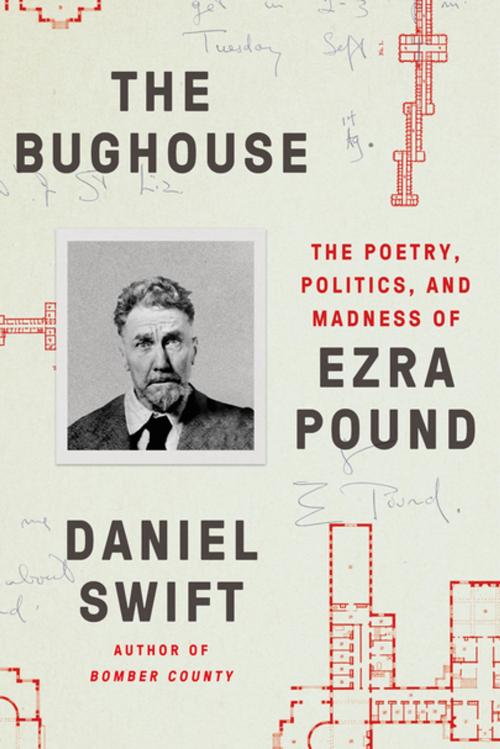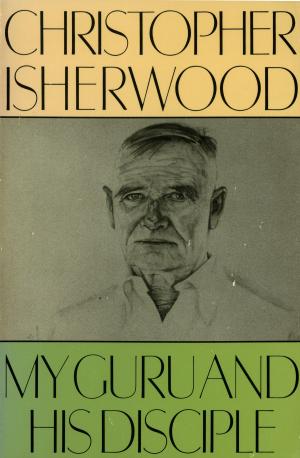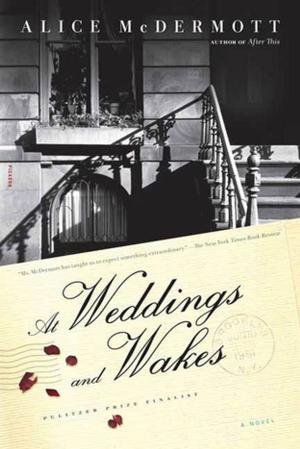The Bughouse
The Poetry, Politics, and Madness of Ezra Pound
Nonfiction, History, Modern, 20th Century, Biography & Memoir, Literary| Author: | Daniel Swift | ISBN: | 9780374709587 |
| Publisher: | Farrar, Straus and Giroux | Publication: | November 7, 2017 |
| Imprint: | Farrar, Straus and Giroux | Language: | English |
| Author: | Daniel Swift |
| ISBN: | 9780374709587 |
| Publisher: | Farrar, Straus and Giroux |
| Publication: | November 7, 2017 |
| Imprint: | Farrar, Straus and Giroux |
| Language: | English |
A captivating biography of Ezra Pound told via the stories of his visitors at St. Elizabeths Hospital
In 1945, the great American poet Ezra Pound was deemed insane. He was due to stand trial for treason for his fascist broadcasts in Italy during the war. Instead, he escaped a possible death sentence and was held at St. Elizabeths Hospital for the insane for more than a decade. While there, his visitors included the stars of modern poetry: T. S. Eliot, Elizabeth Bishop, John Berryman, Robert Lowell, Charles Olson, and William Carlos Williams, among others. They would sit with Pound on the hospital grounds, bring him news of the outside world, and discuss everything from literary gossip to past escapades.
This was perhaps the world’s most unorthodox literary salon: convened by a fascist and held in a lunatic asylum. Those who came often recorded what they saw. Pound was at his most infamous, most hated, and most followed. At St. Elizabeths he was a genius and a madman, a contrarian and a poet, and impossible to ignore.
In The Bughouse, Daniel Swift traces Pound and his legacy, walking the halls of St. Elizabeths and meeting modern-day neofascists in Rome. Unlike a traditional biography, The Bughouse sees Pound through the eyes of others at a critical moment both in Pound’s own life and in twentieth-century art and politics. It portrays a fascinating, multifaceted artist, and illuminates the many great poets who gravitated toward this most difficult of men.
A captivating biography of Ezra Pound told via the stories of his visitors at St. Elizabeths Hospital
In 1945, the great American poet Ezra Pound was deemed insane. He was due to stand trial for treason for his fascist broadcasts in Italy during the war. Instead, he escaped a possible death sentence and was held at St. Elizabeths Hospital for the insane for more than a decade. While there, his visitors included the stars of modern poetry: T. S. Eliot, Elizabeth Bishop, John Berryman, Robert Lowell, Charles Olson, and William Carlos Williams, among others. They would sit with Pound on the hospital grounds, bring him news of the outside world, and discuss everything from literary gossip to past escapades.
This was perhaps the world’s most unorthodox literary salon: convened by a fascist and held in a lunatic asylum. Those who came often recorded what they saw. Pound was at his most infamous, most hated, and most followed. At St. Elizabeths he was a genius and a madman, a contrarian and a poet, and impossible to ignore.
In The Bughouse, Daniel Swift traces Pound and his legacy, walking the halls of St. Elizabeths and meeting modern-day neofascists in Rome. Unlike a traditional biography, The Bughouse sees Pound through the eyes of others at a critical moment both in Pound’s own life and in twentieth-century art and politics. It portrays a fascinating, multifaceted artist, and illuminates the many great poets who gravitated toward this most difficult of men.















